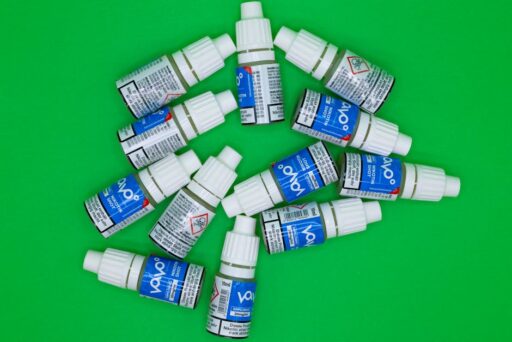Is Botox Safe During Pregnancy and Breastfeeding?
Botulinum toxin, commercially known as Botox, serves both cosmetic and medical purposes. However, questions often arise concerning its safety during pregnancy and breastfeeding. This article aims to provide clarity on this issue, drawing insights from experts at MotherToBaby.
Understanding Botox and Its Uses
Botox and Botox Cosmetic, both containing botulinum toxin, are injected by healthcare professionals to address various conditions. Known scientifically as OnabotulinumtoxinA or botulinum toxin type A, it functions by paralyzing muscles at the injection site, leading to relaxation.
While Botox is often associated with cosmetic enhancements like smoothing wrinkles on the face or neck, it also plays a crucial role in treating medical conditions. These include chronic migraines, urinary incontinence, spastic muscle movements, and excessive sweating. For many, Botox significantly enhances quality of life.
Botulism: A Related Concern
Botulism, a rare but severe illness caused by the same bacteria that produce botulinum toxin, is unrelated to Botox use. According to the CDC, botulism can result from improperly canned foods, leading to symptoms such as vision problems, muscle paralysis, and even death. For more on botulism, visit the CDC website.
Botox During Pregnancy and Breastfeeding
The primary concern is the lack of well-controlled studies on Botox’s effects during pregnancy and breastfeeding. It is believed that Botox remains localized at the injection site, not entering the bloodstream, thereby unlikely to cross the placenta or enter breast milk. However, due to unknowns, many healthcare providers advise against its use during pregnancy and lactation. Planning a pregnancy? It might be wise to avoid Botox as it can linger in the body for four to six months.
Potential Risks and Recommendations
Botox injections carry some risks, including possible infection at the injection site or unintended spread of the toxin, which can cause breathing and swallowing difficulties. Immediate medical attention is crucial if such symptoms occur.
Consulting your healthcare provider is essential if you are undergoing Botox therapy regularly. They can help weigh the benefits and potential risks, guiding you to make informed decisions for your health and your baby’s well-being. For cosmetic uses, postponing Botox treatments during this period might be the safest choice.
For more detailed information, you can also refer to the FDA Botox Drug Label.




